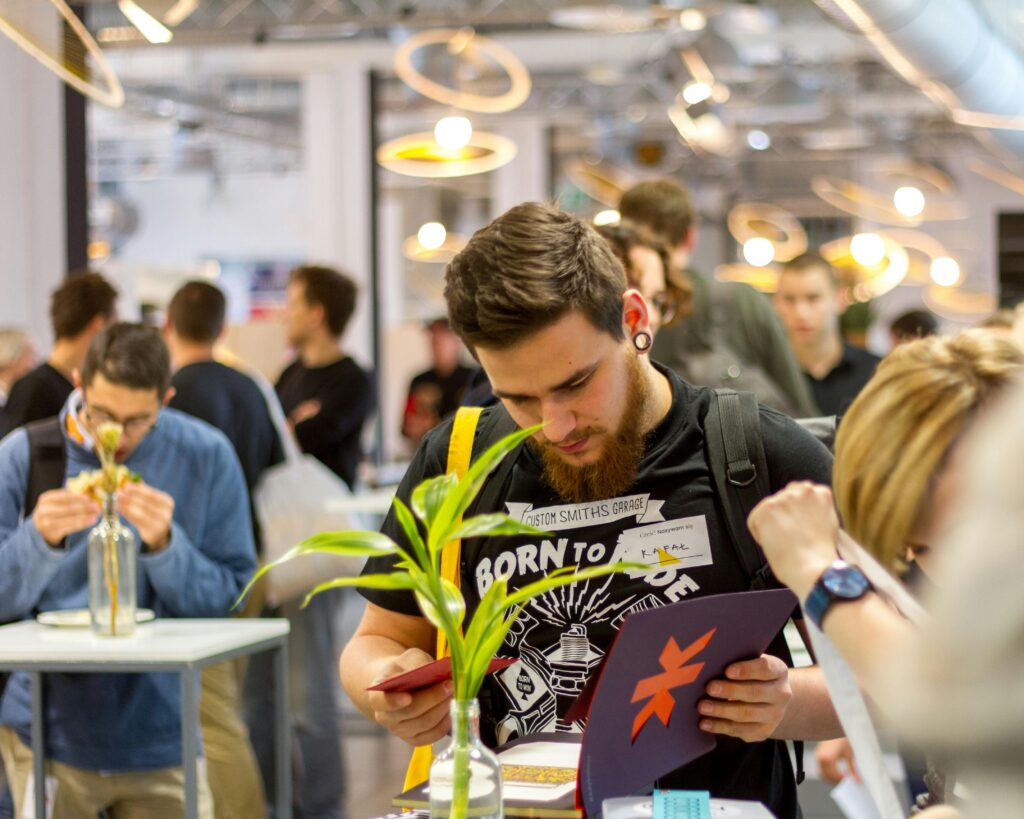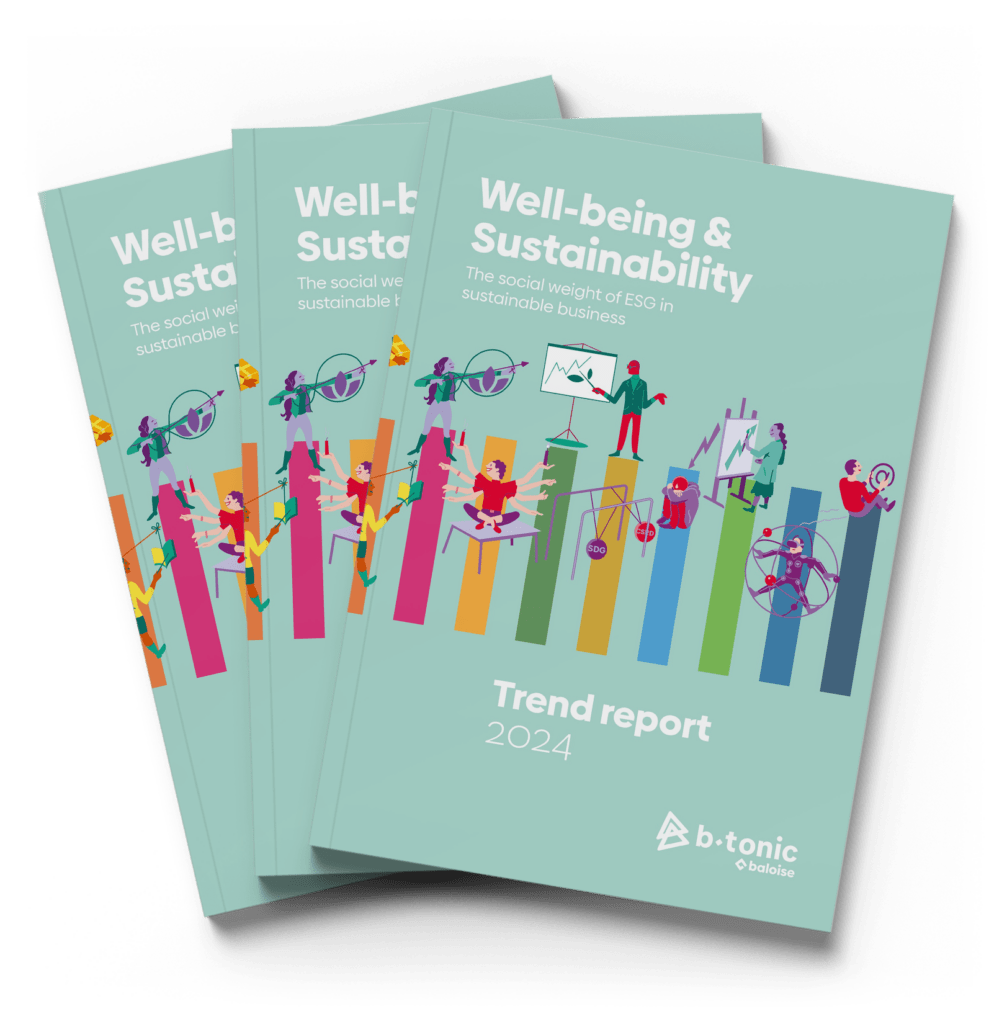In our Trend Report 2023 ‘Well-being&Sustainability’, we draw a roadmap for companies towards a successful and sustainable future. Trendwatcher Herman Konings brings that future into the present with this blog series, using some notable international trends.
The magic of serendipity
First of all the following… I recall a saying from bygone times: “Young people walk faster. But older people know the way!” There is no lie in this, but still, this saying should be condemned to oblivion, and here’s why.
The speed of running is indeed inversely proportional to the age of the runner, but please grant young runners the wrong track, the missed turn, the unnecessarily costly stubbornness, the scrapes, and the bumps. Defined paths, heading straight for the goal, are for algorithms, not for young explorers.
Living with algorithms
We live in times of algocracy, as technology philosopher Lode Lauwaert defines and explains in his book ‘Wij, Robots’ (2021). Algocracy is a society that is significantly governed by the computational power of algorithms.[1]. The fact that over 80% of all available information has been generated in the last 2,000 days clearly highlights the power of our numerical systems today. And this is also necessary for scientific developments that can help planet, people and animals forward. The previously linear, physics-based processes of civilization such as health, safety, sustainability, mobility, and infrastructure greatly benefit from the work of algorithms. However, whether our “metaphysical” systems (mental health, empathy, self-reliance, creativity, etc.) should also rejoice in the presence of these tireless digital worker ants remains a question and should continue to be the subject of broader societal debate.
Let young people get lost and experience the magic of serendipity. Serendipity is finding something you were not actively seeking, but that still helps you take a step forward.
[1]Algorithms are essentially numerical codes that are able to assemble relevant information from a sea of data.




